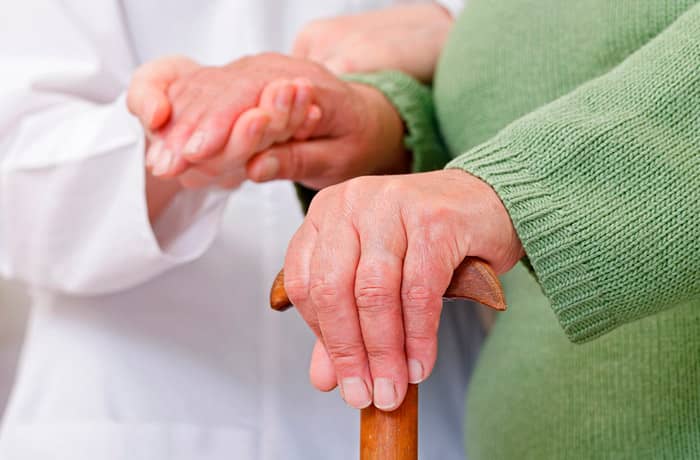Scientists declare effectiveness of Parkinson’s disease treatment
18 April 21:26
A group of researchers from Kyoto University (Japan) claims that a clinical trial has demonstrated the safety and effectiveness of treating Parkinson’s disease using iPS cells.
This was reported by NHK, "Komersant Ukrainian" reports.
IPS cells are cells with induced pluripotency, from which any cell of an adult organism can be obtained.
A group of specialists from the University’s Center for iPS Cell Research and Application (CiRA) announced the results of seven patients with Parkinson’s disease who participated in their study.
This group is headed by Professor Takahashi Jun, head of CiRA.
It is noted that during the research, Takahashi’s group used dopaminergic cells derived from iPS cells or induced pluripotent stem cells, which can be grown in any type of body tissue.
The researchers sought to improve the patients’ condition by transplanting dopamine-producing cells into their brains.
In total, seven male and female patients aged 50 to 69 years were injected with 5 or 10 million dopaminergic cells.
The team claims that no serious adverse effects were observed.
Scientists observed and evaluated the condition of six patients for two years and stated that all of them had transplanted cells that produced dopamine.
Experts report that four patients have improved motor functions.
The Japanese pharmaceutical firm Sumitomo Pharma, which collaborated with the trial, plans to apply to the government for permission to commercialize the cells.
Prof. Takahashi said that it is “revolutionary” for researchers that cell transplantation can improve patients’ symptoms.
He also expressed his hope to offer the therapy to patients as soon as possible after receiving government approval.
Parkinson’s disease is a progressive disease caused by the loss of dopamine-producing brain cells. Patients gradually lose the ability to move.
In Japan, about 250 thousand people suffer from Parkinson’s disease.









